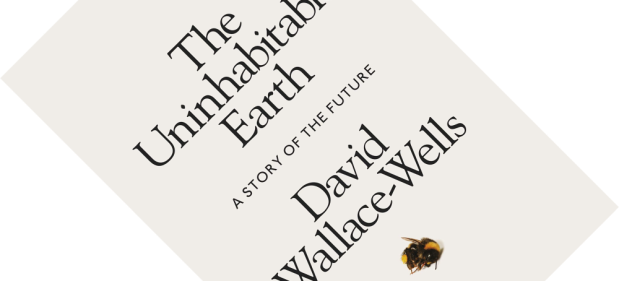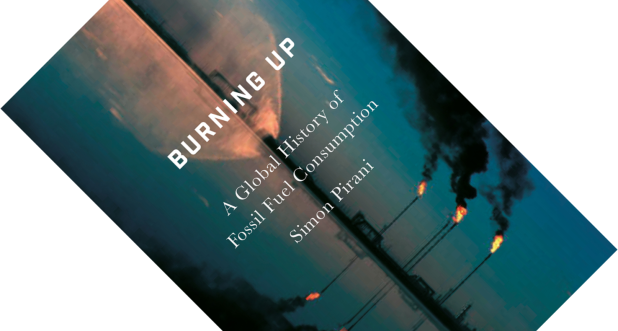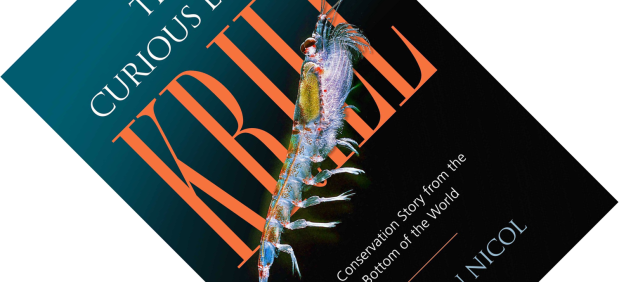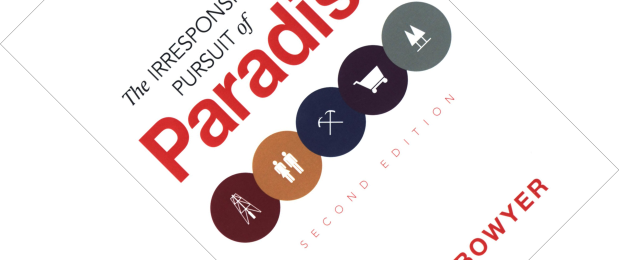“It is worse, much worse, thank you think”. With these ominous words, David Wallace-Wells, deputy editor at New York magazine, starts his no-holds-barred story of climate catastrophe. Pulling together worst-case scenario predictions, he is hell-bent on scaring the living daylight out of his readers by sketching the manifold crises that loom in our near future if we let climate change develop unchecked. He proves a poetic agitator and I admire his outspokenness – I don’t think he is alarmist, but simply saying what many scientist are silently thinking. Whether this divisive approach is helpful is another question, and one for which he has been criticised. It is a price Wallace-Wells is willing to pay, because he thinks most people are not scared enough.
environmental policies
Book review – Burning Up: A Global History of Fossil Fuel Consumption
Fossils fuels have powered civilization since the Industrial Revolution, and their consumption has exploded in the last few decades. But for all the prosperity that coal, gas, and oil have brought, there are many downsides, not least amongst these climate change. So how did we get here? Usual explanations point at individual consumption and population growth, and I would be quick to agree. With Burning Up, Simon Pirani, a visiting research fellow at the Oxford Institute for Energy Studies, basically says “not so quick, things are not that simple” and provides a deeply researched history of fossil fuel consumption.
Book review – The Curious Life of Krill: A Conservation Story from the Bottom of the World
Krill is one of those enigmatic invertebrate groups that feeds whole ocean ecosystems but remains itself little known. Even to a biologist such as myself (who has studied fish for crying out loud!), these critters are largely a set of question marks. I mean they are crustaceans, swim in the sea, are numerous and… oh look, a blue whale!
Book review – The Irresponsible Pursuit of Paradise (Second Edition)
The Irresponsible Pursuit of Paradise lays bare a conundrum of our times. How is it that so many of us loathe resource extraction (e.g. the cutting down of trees for timber, or the mining of ores to produce metals), yet we absolutely adore the products that are subsequently made from these resources? We are up in arms when our forests are under threat, or companies want to start fracking in protected areas (a current concern in the UK), and when we successfully halt these things, the results are invariably hailed as a victory for the environment. Except that they aren’t.




